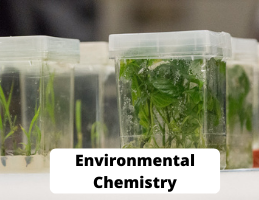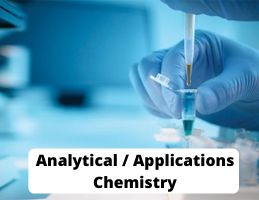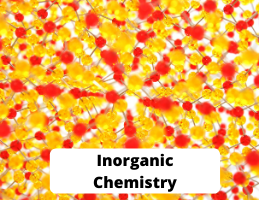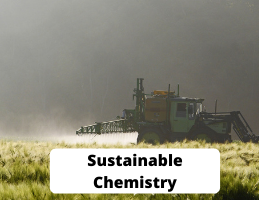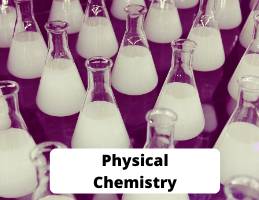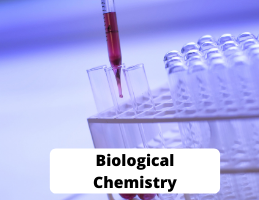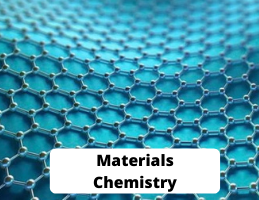Research
Research programmes in the department of chemistry lead to the award of M.Phil. and PhD degrees. Students with a first degree initially register for an M.Phil. but there is provision for transfer to the Ph.D., usually within the first two years of the programme. Scholarships are available for students of the highest academic standing. Some funding is usually available for registered postgraduate students not on scholarship in the form of demonstratorships.
The Department is well equipped with laboratory space, computer facilities, and instrumentation to support research programmes.
Instruments include:
- Gas, Liquid and Droplet Countercurrent Chromatographs;
- Setaram Modular TGA/DSC/DTA/TMA (up to 1700oC);
- Setaram micro DSC III microcalorimeter (with batch and continuous flow cells, heat capacity and flow mix cells);
- Two (2) Gamry high sensitivity modular electrochemical workstations for electrochemical and corrosion measurements;
- Taylor-Aris equipment for diffusion measurements;
- Langmuir-Blodgett Surface Trough
- Inert Atmosphere Glove Box;
- NMR Spectrometers: 300, 400 and 600 (cryoprobe) MHz Bruker Avance DRX;
- FTIR; ATR FTIR; Diode-Array and UV-VIS Spectrometers;
- Nuclear Quadrupole Double Resonance Spectrometer;
- GC- and LC-Mass Spectrometers;
- Rapid Stopped-flow Kinetic Spectrometer;
- Jasco Model J-720 Spectropolarimeter;
- Perkin-Elmer Elan 9000 Inductively Coupled Plasma Mass Spectrometer
- Veeco Multimode V Atomic Force Microscope/Scanning Electrochemical Microscope
- Nano ITC isothermal titration calorimeter
- Parr Bomb Calorimeter
- Gallenkamp Furnace
- Barnstead Thermal Furnace
- Electrochemical/Tunneling Microscope
- Olympus Phase Contrast Microscope
The campus library subscribes to the major chemistry journals and facilitates the procurement of material not on its shelves from appropriate sources.




